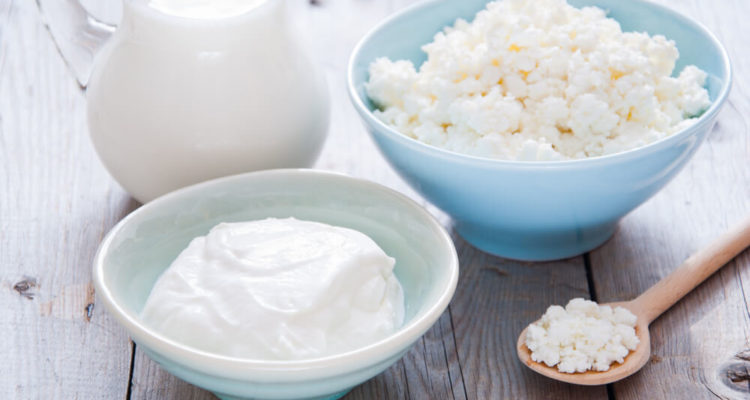
About the benefits and harms of dairy products
0
Medics around the world have been arguing about the benefits and harms of dairy products for decades. Since childhood, we have been hearing that milk is simply necessary for our health. However, recently, more and more people are abandoning dairy products.
It is worth noting that we most often eat dairy products not in their natural form. That is, milk, cheese, sour cream, before reaching us, undergo heat treatment. Thus, these are pasteurized and sterilized products. According to experts, the pasteurization process makes inactive those enzymes that help the body break down cow protein.
At the same time, most of cow's milk consists of fats. The body quickly “gets used” to animal fats, which is why it is so difficult for raw food lovers to give up their favorite product, nutritionists note.
A glass of milk contains one tenth of the cholesterol of the daily human norm. Cholesterol, as is known, contributes to the formation of plaques. But it takes 6 liters of milk to make one kilogram of cheese.
Milk is rich in calcium, and therefore it is useful. This argument is most often given to prove the benefits of milk. However, calcium of animal origin is poorly absorbed, and its salts are not excreted from the body for years. This also leads to the formation of dangerous plaques in the blood vessels and kidney stones. According to experts, calcium, which is well absorbed by humans, is not found in cow's milk, but in human milk.
Dairy products do contain useful trace elements, but they are poorly absorbed. Milk contains lactose, which, once in the body, breaks down into galactose and glucose. Galactose is not excreted from the body and is deposited in the joints, skin, and eye lenses.
Those who suffer from lactose intolerance but are unaware of it experience bloating, gas, and indigestion after consuming dairy products.
In addition, milk contains the protein casein, which forms clots in the intestines, making it difficult to digest food.

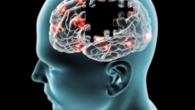

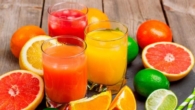


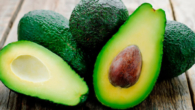
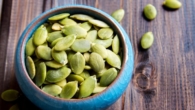

Leave a Reply